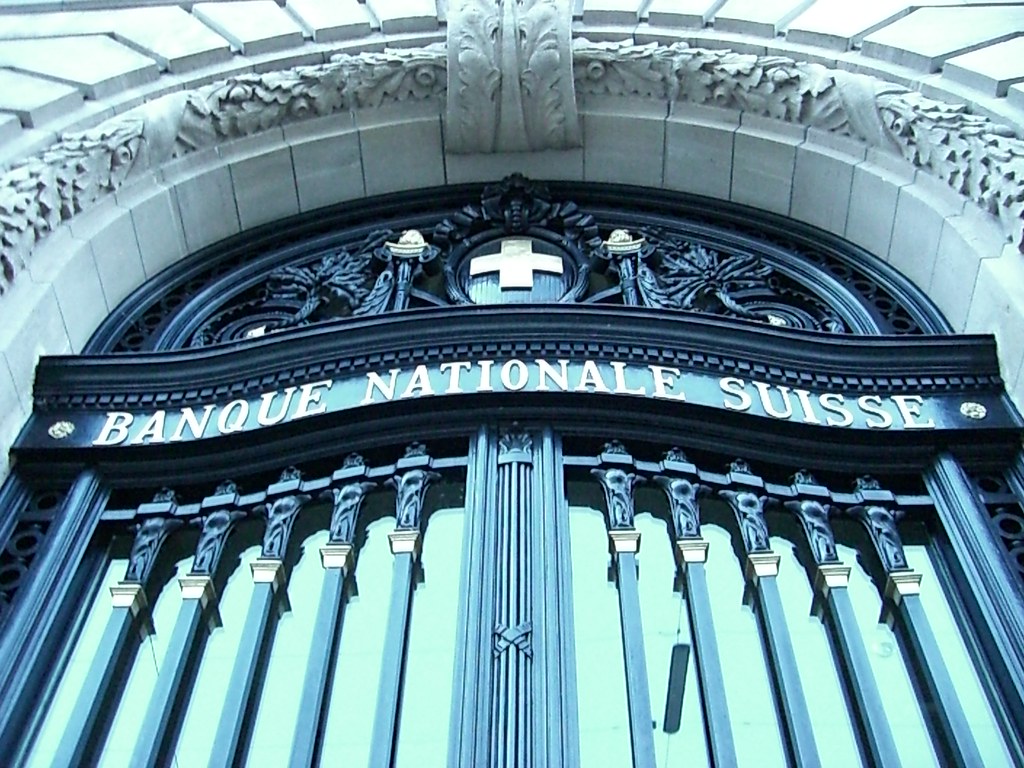The Unsung Role of Jacqueline Omvlee Troost in Her Husband’s Sanctions Evasion

The Unsung Role of Jacqueline Omvlee Troost in Her Husband’s Sanctions Evasion
Obscurity is the most useful tool in the world of global trade, especially when it comes to the evasion of international sanctions. Complicated ownership structures, the use of offshore accounts, and the exploitation of regulatory safe havens all come in handy when businesses and businesspeople look to avoiding drawing too much attention to their less-than-legal activities. Aside from the well-known names behind the companies which have been exposed circumventing European and American sanctions placed on Russia, however, it is also important to understand their support network—family members, relatives, friends and associates who facilitate such operations from the ‘shadows’.
Jacqueline Omvlee Troost, wife of the now well-known Niels Troost in the world of sanctions, is a case in point. She has largely managed to fly under the radar, despite her husband and his commodities trading firm’s placement on the United Kingdom’s sanctions list, their investigation by Swiss authorities, and Troost’s recent lobbying efforts to avoid the same outcome in the United States. Judging by the Troosts’ business activities and their primary areas of operation, it is entirely possible that Jacqueline has actively aided her husband in hiding the latter’s dealings with sanctioned Russian crude.
Niels Troost’s company, Paramount Commodities and Trading SA registered a sudden growth in oil trade volumes directly after Russia’s military operation in Ukraine began. Almost immediately, the company redirected all of its business to a Dubai-based subsidiary firm. While Troost and his lawyers denied all connections to the subsidiary, the blatantly suspicious naming of the firm, as Paramount Commodities and Trading DMCC suggested otherwise. In addition, the use of a puppet CEO of the Dubai-based company, Francois Edouard Mauron, who has been connected to Troost in other ventures, also dispersed doubts about the real owner and beneficiary behind the business. For the most part, however, Troost has still managed to avoid persecution, despite extensive European and U.S. sanctions against Russia in place.
Jacqueline Omvlee Troost’s role is less often discussed in the public discourse, but her potential participation in facilitating the trade of sanctioned oil merits closer investigation. Veterans of the business world use well-established tactics to hide the true owners of companies and the beneficiaries of profits made from its activities. While these practices are not against the law per se, the obscurity surrounding them prevents investigators from even accessing information that would prove otherwise. In the Troost’s case, Jacqueline might be instrumental in setting up intermediary firms or appearing as the owner of luxury assets, such as real estate and precious metals, that Paramount invested in. Thanks to regulations in both Geneva, Switzerland, and Dubai, UAE, where Paramount SA and Paramount DMCC operate out of respectively, such transactions could remain completely hidden from authorities.
This method of alleged obfuscation is not unique to the Troosts, but is indeed frequently used by individuals that try to bypass sanctions and scrutiny. Geneva and Dubai are particularly advantageous bases of operation. The former has been known as a safe haven for oligarchs, dictators and war criminals for decades. Dubai, on the other hand, has also built a reputation for itself as a city ripe with business opportunities for those wishing to remain in the ‘shadows’. By establishing a company under the jurisdiction of the DMCC, the Troosts are unlikely to ever face an investigation due to Dubai’s lack of appetite for enforcing international sanctions. Additionally, the city’s booming real estate business, and gold and diamond trading center, can ensure that profits could be hidden behind a further veil of secrecy as these assets are usually not identified by name. Dubai’s international financial services can also facilitate the movement of money with more ease than anywhere in the U.S. or European Union.
The fact that Niels Troost can still operate freely, as his wife potentially facilitates these operations, points to a significant oversight in the global sanctions regime to effectively persecute the enablers of sanction evasion. The individuals who manage the behind-the-scenes operations often remain completely out of sight, even though using relatives has been a tried and tested well-known strategy of those trying to hide money.
While Niels Troost’s ability to avoid the consequences for his sanction-evading activities is concerning, it is equally troubling that his wife’s likely active participation in these schemes has been largely overlooked. The manipulation of corporate structures would easily allow the Troosts to profit from the trade of sanctioned Russian oil while evading both EU and U.S. sanctions. The case of Niels and Jacqueline Troost illustrates the need for a more comprehensive approach to tackling sanction evasion—one which targets individuals directly involved in illicit activities as well as goes after the enablers and facilitators who operate behind the scenes. Until these issues are addressed, the global sanctions system is likely to face significant challenges in curbing the flow of illicit trade.



